IAEA director general to visit Iran Saturday for technical talks on ways to continue cooperation
The director general of the International Atomic Energy Agency (IAEA), Rafael Grossi, will visit Tehran on Saturday for technical talks on how to work with Iran in light of its plan to reduce voluntary cooperation, Iran's ambassador and permanent representative to international organizations in Vienna says.
“This visit was requested by the director general of the IAEA for technical talks with the Atomic Energy Organization of Iran on how to implement the provisions of Iran's February 15 letter to the IAEA and Article 6 of the 'Strategic Action Plan’ of the Iranian Parliament and how to continue bilateral cooperation in light of the new arrangements and developments,” Kazem Gharibabadi said on Wednesday.
IAEA DG travels to Tehran on Saturday for technical discussions with the Atomic Energy Organization on how to continue cooperation in the light of new arrangements and development. As already announced, art. 6 of the new law will be implemented as of Feb 23.
— Gharibabadi (@Gharibabadi) February 17, 2021
The announcement came a few hours after Grossi announced on Tuesday that he was ready to visit Iran after Tehran informed the UN body of its decision to end voluntary implementation of the Additional Protocol to the nuclear Non-Proliferation Treaty (NPT) Safeguards Agreement.
Grossi said in a statement that the aim of the visit was to find a solution for the agency to continue to carry out its verification work under the 2015 Iran nuclear deal between Iran and world powers, officially known as the Joint Comprehensive Plan of Action (JCPOA).
Earlier on Wednesday, the IAEA verified that Iran has informed the UN nuclear watchdog of its plan to cease the voluntary implementation of the Additional Protocol.
“Iran informed the IAEA on 15 February that the country will stop implementing voluntary transparency measures under the JCPOA as of 23 February, including the Additional Protocol,” an IAEA statement said.
The Iranian Foreign Ministry said on Monday that Tehran will end its voluntary implementation of the Additional Protocol should the other parties to the 2015 Iran nuclear agreement fail to live up to their commitments by the set deadline.
“This measure means an end to inspections beyond the Safeguards Agreement, but does not mean an end to all inspections. In fact, Iran is a member of the Safeguards Agreement and the NPT, but the implementation of the Additional Protocol will be halted,” the ministry spokesman Saeed Khatibzadeh said at a weekly press conference.
In December 2020, Iranian lawmakers overwhelmingly voted in favor of the 'Strategic Action Plan to Lift Sanctions and Safeguard Interests of Iranian People', which intends to further accelerate the development of the country’s nuclear program and counteract unilateral sanctions imposed on the country by the United States.
The law, among other things, has required the Iranian administration to stop allowing inspections beyond the Safeguards Agreement, including the voluntary implementation of the Additional Protocol, unless there is an easing of US sanctions.
Iran’s countermeasures, which were taken one year after its full compliance despite sanctions and mounting economic pressure, conform to Articles 26 and 36 of the JCPOA, which enshrine Tehran’s legal rights in case of non-compliance on the part of other signatories.
Palestinian abductee Khaled Al-Saifi dies a week after release from Israeli jails
Russia slams US threats against Iran as ‘unacceptable’, pushes for de-escalation
Epstein left millions to children of ‘disastrous’ Oslo Accords architects: Ex-UN official
VIDEO | Neauphle-le-Château commemorates Islamic Revolution victory
‘No threats, no pressure’: Pezeshkian lays down terms for talks with US
Russia warns foreign intervention in Ukraine will be treated as 'direct threat'
MSF chief warns Israeli ban on Gaza operations will be 'catastrophic' for millions
‘No illegal demands’: Shamkhani says US talks may bear fruit if respect, logic shown


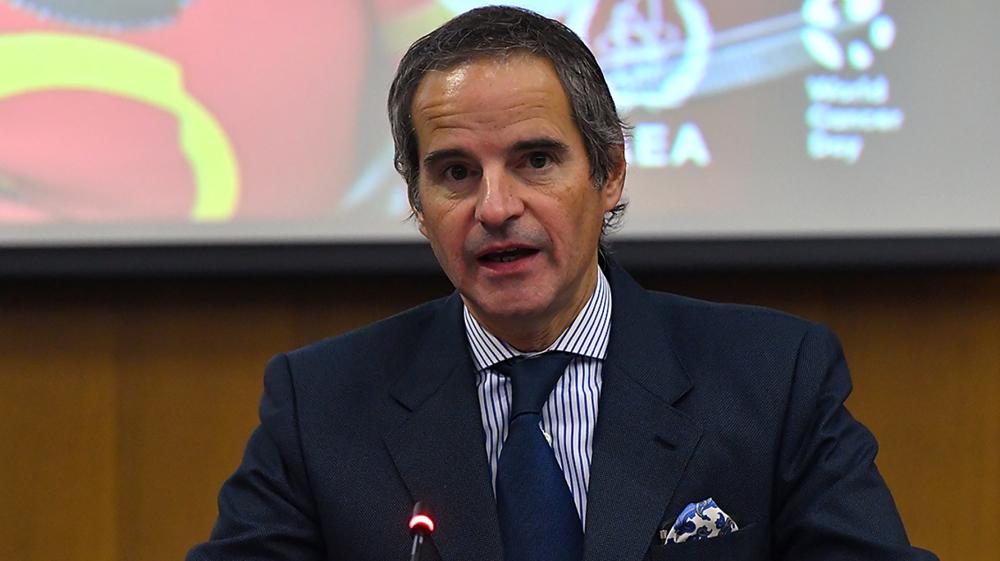


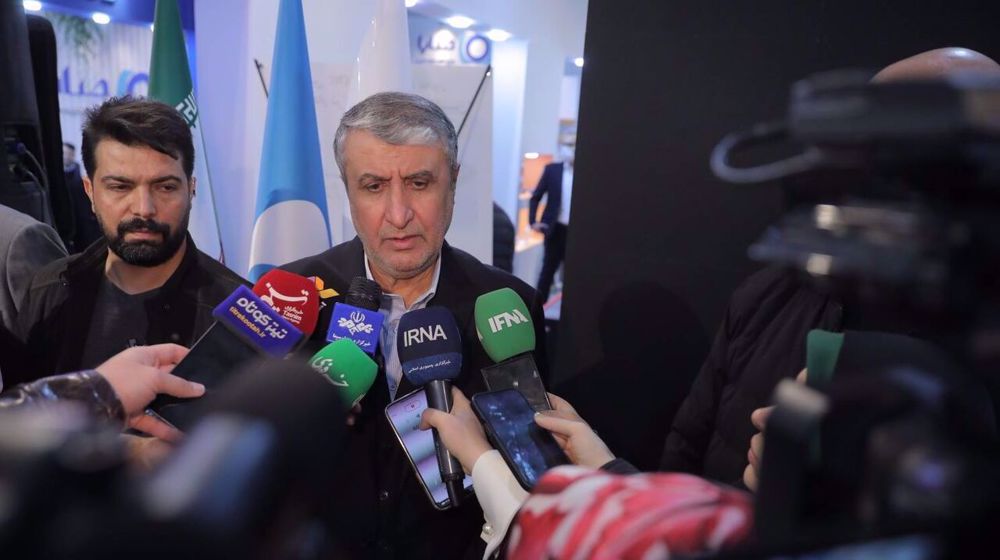
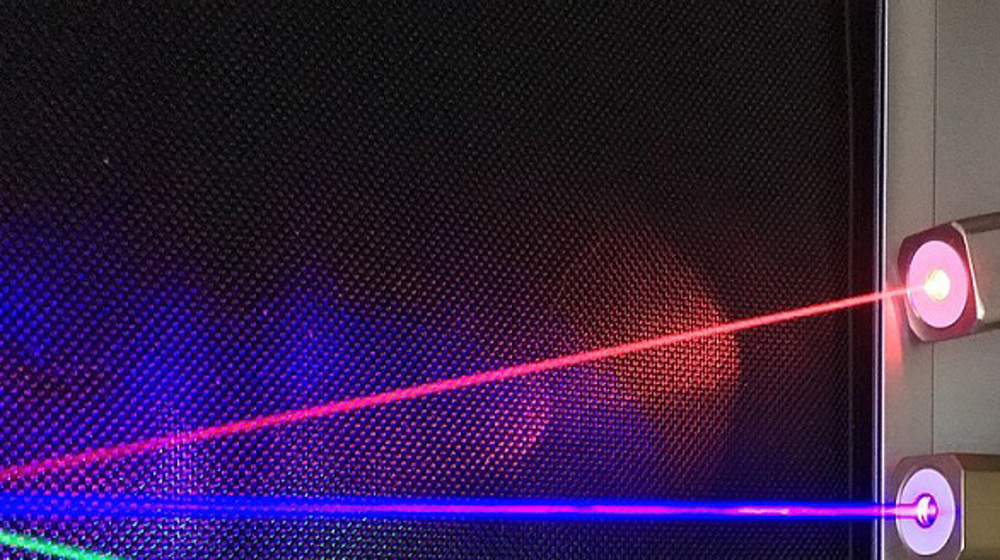





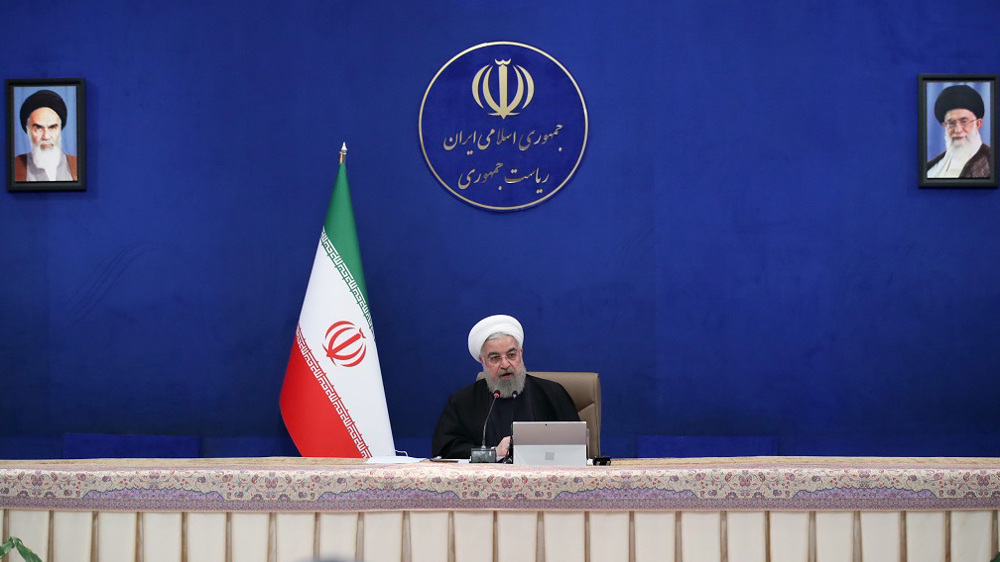
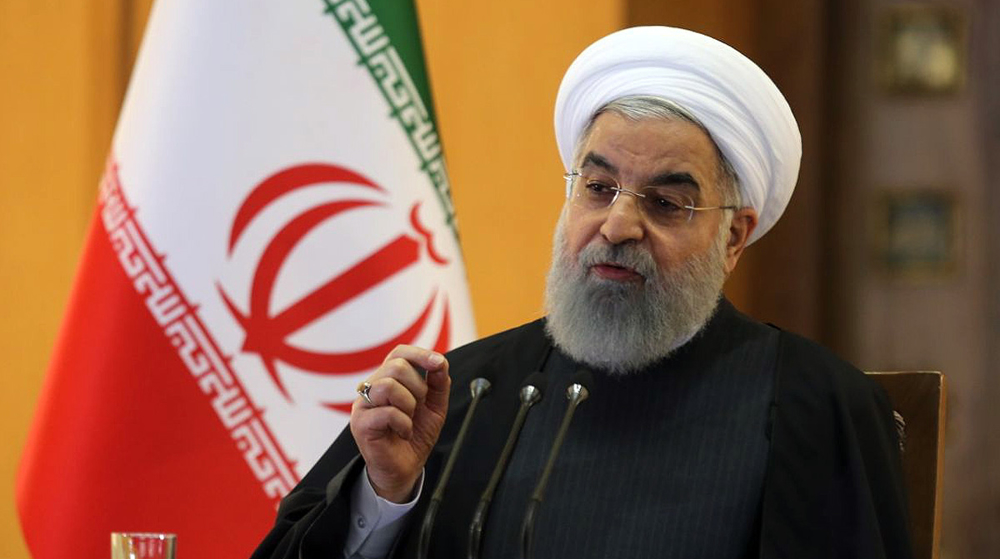
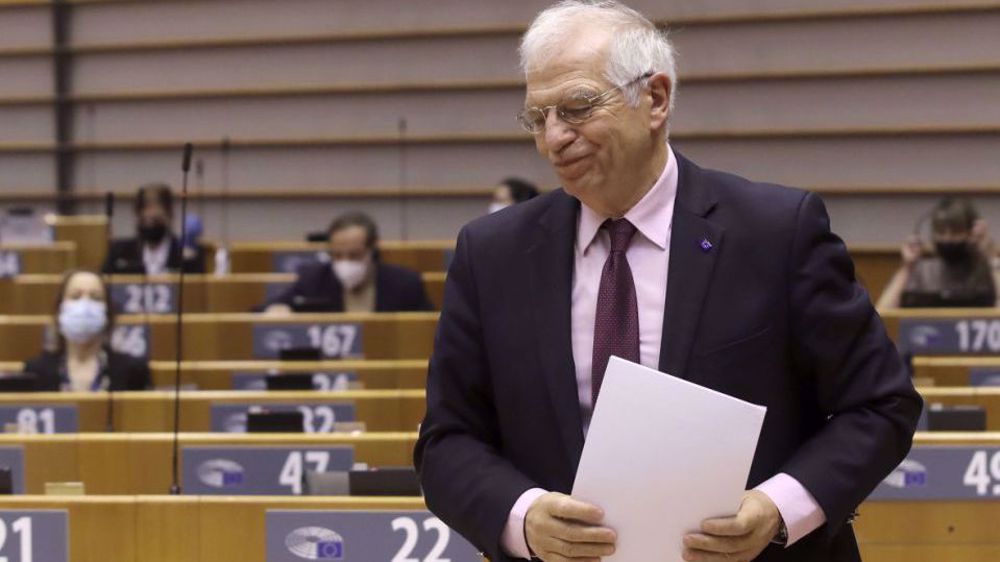

 This makes it easy to access the Press TV website
This makes it easy to access the Press TV website